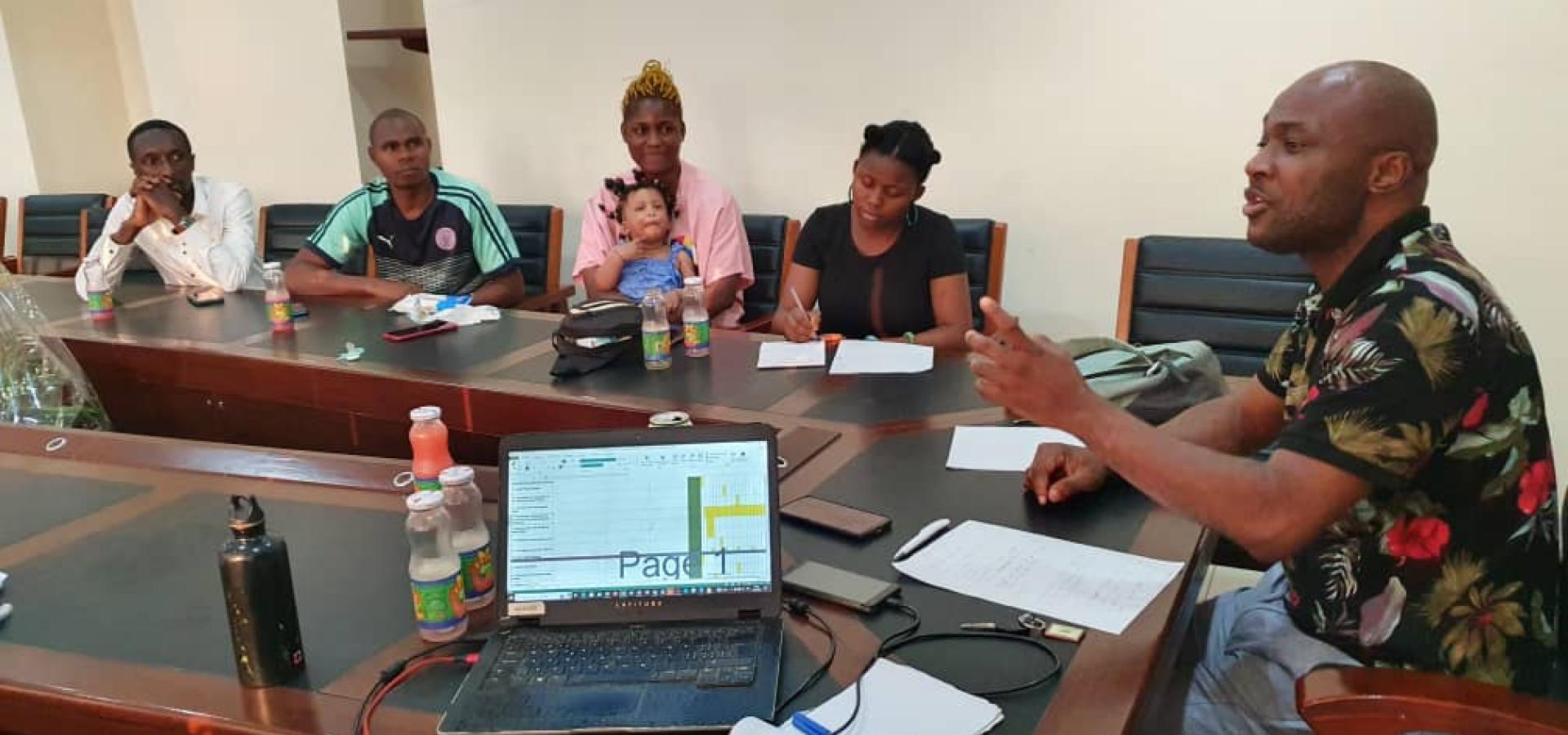A change in narrative is needed to change the perspectives of young Cameroonian leaders about the vision of the future of Cameroon. Most students in Yaoundé grew up with their identities as "Francophones" or "Anglophones" constantly being reinforced by their parents. Therefore, the trustbuilding work in Cameroon will focus on Francophone and Anglophone students as they shape Cameroon's future.
Personal and group identities are informed by stories and are open to exploring new, shared narratives. It is important to become aware of one's own biases and privileges and use moral values and times of quiet reflection to examine areas for personal change, healing, and growth.
